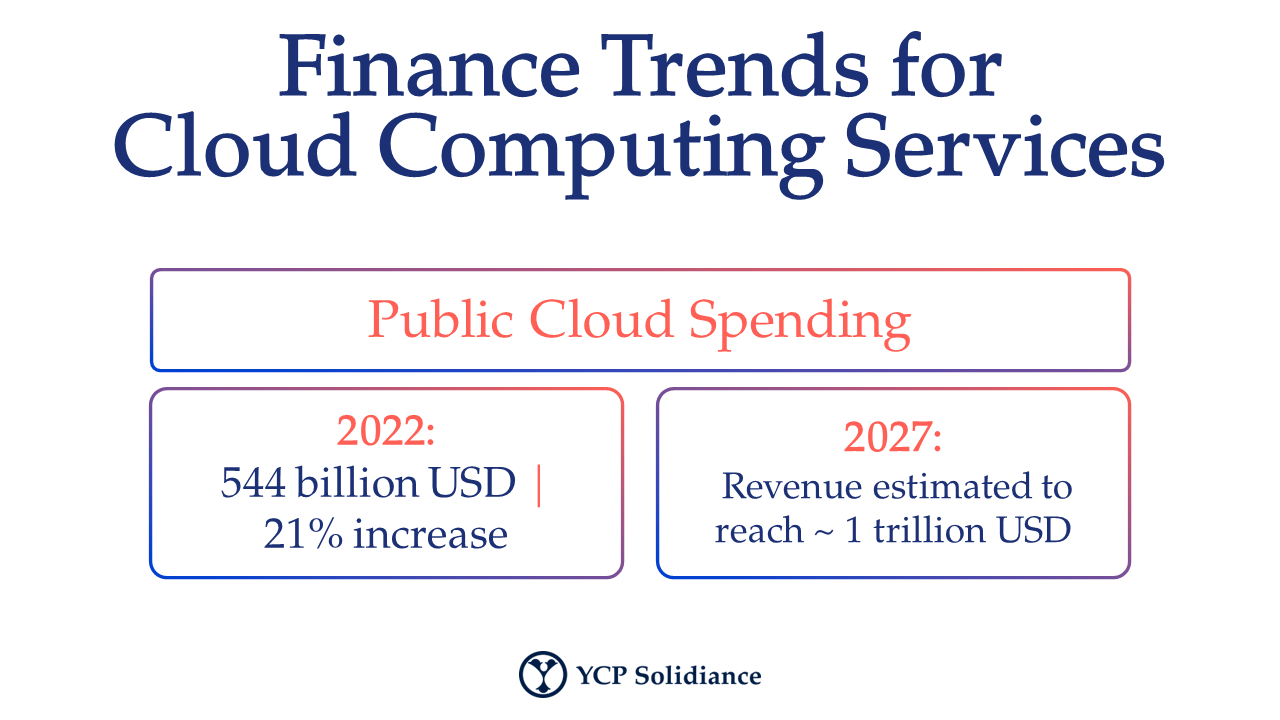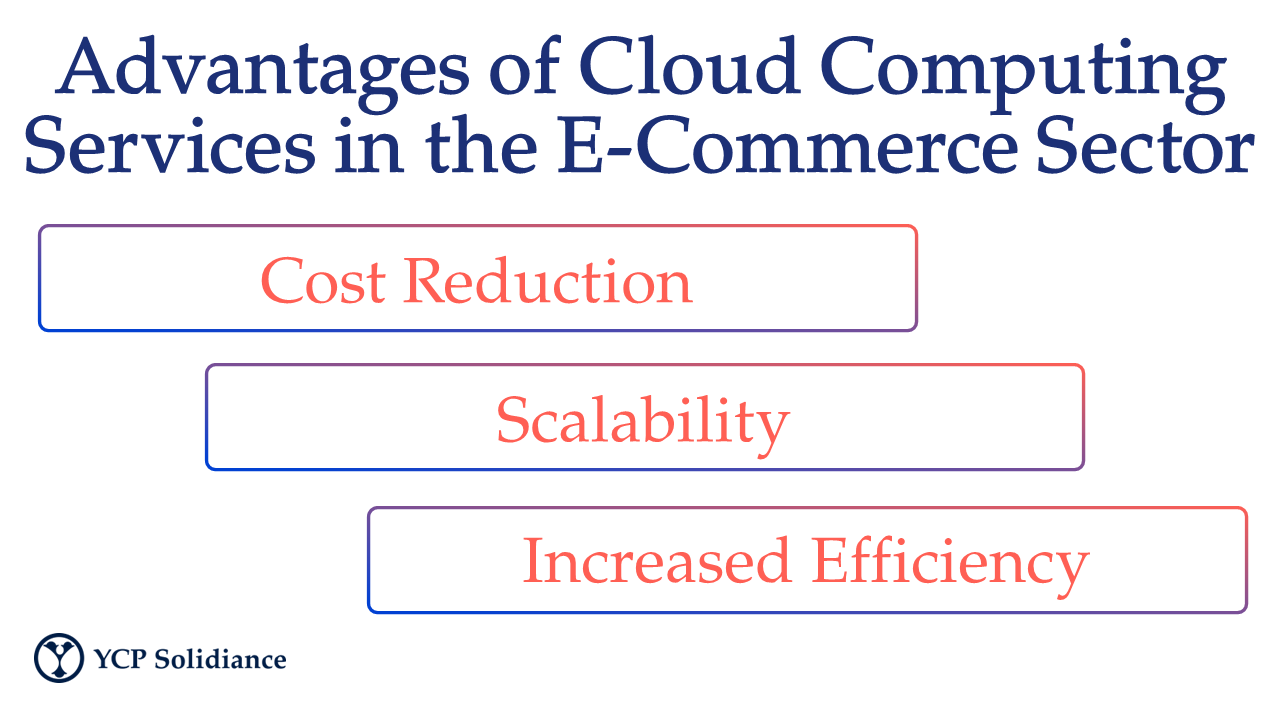Like other industries, the e-commerce sector is taking steps to explore cloud computing services. To properly do so, involved parties should become familiar with the incoming 2023 cloud computing market trends, which will significantly inform business strategy.

Public Cloud Spending in 2023
One of the most popular forms of cloud computing is public clouds because of their convenience, especially since providers manage these infrastructures. Famous examples of public cloud services include but are not limited to, Amazon Web Services (AWS), Microsoft’s Azure, and Google Cloud. Because of the advantages that public clouds provide, interest in cloud computing has grown immensely, and e-commerce companies could potentially explore this.
Regarding spending on the public cloud, IT consumers are predicted to continue extensive investment in cloud computing services in 2023. However, the pricing of public cloud is expected to become more competitive as more consumers will explore multi-cloud usage, wherein a combination of cloud computing and storage services like private cloud, edge-to-build, and on-premises, to name a few, are utilized.
In 2022, early forecasts suggested that approximately 490 billion USD would be spent on public cloud services alone, per data from an industry report. By 2023, the same report indicates that another 592 billion USD would be spent, or about 12% of total IT spending worldwide. Then, by 2026, public cloud spending is estimated to account for 17% of total IT spending. This data suggests that spending on public cloud and related services will continue beyond 2023, but more importantly, that cloud computing could be a key fixture well into e-commerce’s future.

Cloud Computing Services in E-Commerce
In the context of cloud services, those in the e-commerce industry will likely favor public cloud services as they can enable quick deployment of sellers with relative convenience provided by platform operators. Moreover, since service providers shoulder the hosting responsibilities of the public cloud, such infrastructure offers flexible pricing that benefits e-commerce stakeholders.
Generally, the application of cloud computing services in e-commerce possesses other worthwhile advantages like cost reduction and business-enabling scalability. E-commerce platform operators can utilize it to execute functions in several areas, like infrastructure or day-to-day operations. It has also become evident that cloud services in e-commerce provide a degree of flexibility that helps both operators and consumers.
If given the opportunity, e-commerce operators who utilize public cloud technology and related services will benefit immensely. Introducing the public cloud in the e-commerce industry will significantly enhance its stakeholders' competitiveness while drastically improving its overall efficiency. As early as now, the e-commerce industry should gradually integrate cloud computing services and closely consider how to apply them in daily operations.
To get insight on technology, media & telecommunications, subscribe to our newsletter here and check out these reports:







